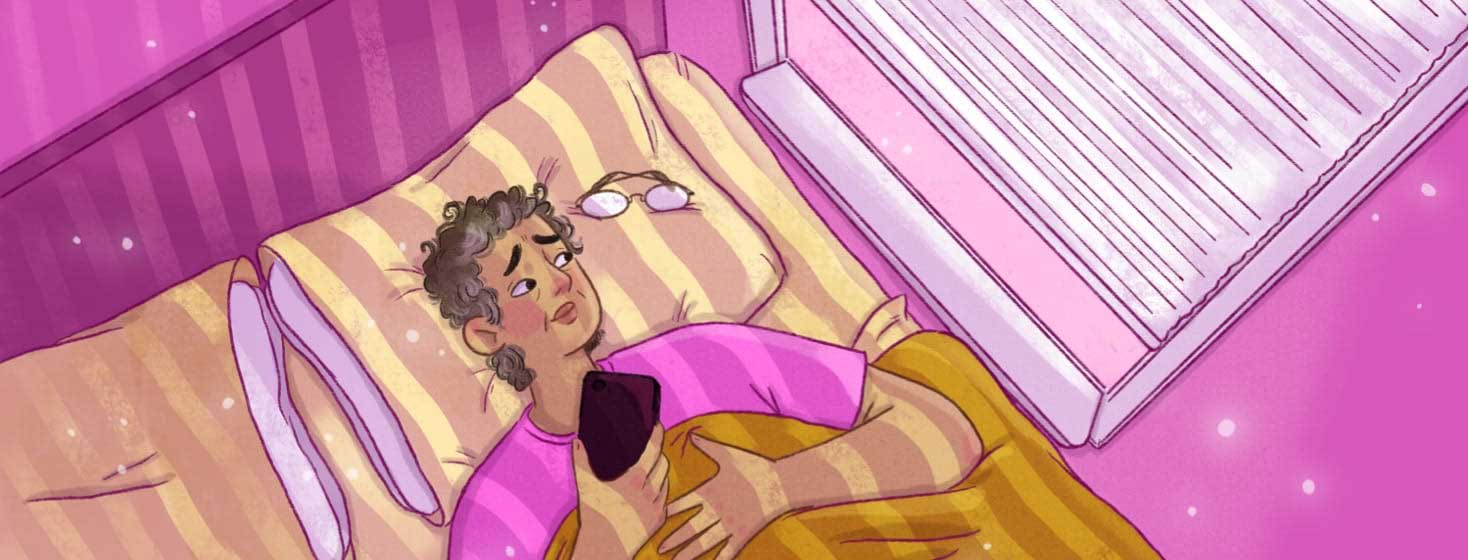It's Okay to Ask for Help. Really.
In the last month, I added another fun situation to my already complex health picture: concussion recovery.
Can you detect the sarcasm here?
A setback with unexpected consequences
Back in March, as I was bent over putting away groceries into the bottom cabinet, I stood up and hit my head right into the corner of an open cabinet door. I’ve done this before and had nothing worse than a lump on my head, but I must have used a special maneuver or applied just the right amount of force this time because I got a concussion.
Within minutes I felt dizziness, nausea, and horrible pain.
My doctor said all I could do was stay in a quiet, somewhat dark room and let my brain recover—no screens, no reading, nothing that would be too stimulating.
Friends who have had concussions urged me to rest as much as possible. Easier said than done.
On the day it happened, I was about two weeks from closing on a townhome. I’d planned to move in mid-April, and I had about 1,000 things to figure out.
I am self-employed, so missing work means missing income. It is highly challenging for me when I can’t work both financially and mentally.
But my body doesn’t care about house closings or finances. It wants what it wants, and it wants to rest.
Unforeseen challenges
Life ground to an abrupt halt.
I’ve had four endometriosis surgeries, so I am familiar with recovery and how it is anything but linear. I was not prepared for how small my life would become and how much support I would need.
This injury happened so fast that I didn’t have time to prepare as I did with my surgeries.
I couldn’t drive. I couldn’t shower. I couldn’t read or do anything on the computer or my phone.
I couldn’t stand for long, which made cooking meals difficult. With mast cell activation syndrome and endometriosis, I have a lot of food restrictions, so I cook all of my meals (there is only one safe restaurant I’ve found here so far; ordering take-out wasn’t much of an option).
I knew I’d have to reach out to my community, and I’d have to do it right away.
Thankfully, and also, luckily, I’ve built a group of supportive friends here in the Denver area since my move here last year. One friend checked on me the day of my concussion to make sure I didn’t need to go to the ER.
They helped me cancel my tutoring sessions for the rest of the week, answered emails, and set me up with a doctor's appointment. That weekend they prepped meals for the coming week and did a grocery run for me.
It felt vulnerable and uncomfortable to ask for such extensive support.
Embracing vulnerability
Over the course of the next few weeks, friends helped with many tasks. Some cooked, others made calls, and some kept me company.
My realtor, who is also an old friend from middle school, drove me to the closing appointment and back to my old apartment. Friends helped me pack, checked on the new house for me, and even met the painters I’d hired to paint a few rooms in my new house.
I never met those painters in person because I couldn’t drive yet. Friends helped me move and unpack. They picked up groceries and got my mail.
It took a lot for me to ask for that kind of help, and at times I felt guilty. I’m still grappling with shame that has bubbled up from internalized ableism. But I’m glad I asked for help; I absolutely could not have done those things myself.
It’s been five weeks so far, and I’m only able to drive short distances. I’m back to working full-time, but I still have concussion symptoms daily, and once I’ve worked all day, my brain is toast.
I will probably ask for food prep and grocery pick-up support again this week. Writing this is the first time I’ve written since I hit my head.
It’s giving me brain tingles and slight pain. I think it’s still going to be a while before I’m back to myself.
I’m an incredibly independent person, and it’s felt like a struggle to give up this much autonomy. I probably pushed myself to be back to work too soon (although losing income when buying a home would probably make anyone want to avoid missing work).
Embracing support and redefining independence
I am frustrated that I can’t drive long distances yet so I can visit friends and go for hikes as the weather is warming up. It was hard to sit in the spare room with my cat while my friend and the movers took everything out of my house and into the new one.
I tried not to tell myself that I was useless, a burden, and not helpful. Mostly I succeeded on that front, but the internalized ableism was loud.
I’m writing this because I want to tell anyone who will listen that they are not useless, a burden, or unhelpful if they need support for any reason. It’s okay to need help and to ask for it.
I found that my friends were more than willing to help, even with things I thought were asking too much. No one thought I was asking too much. They were glad that they could support me.
In our hyper-individualistic culture, it can be easy to think it’s our responsibility to always take care of ourselves, no matter what.
But that’s ableist and unrealistic.
If you’re struggling for any reason, it is okay to ask for help. It might not feel easy, but it is the right thing to do.

Join the conversation